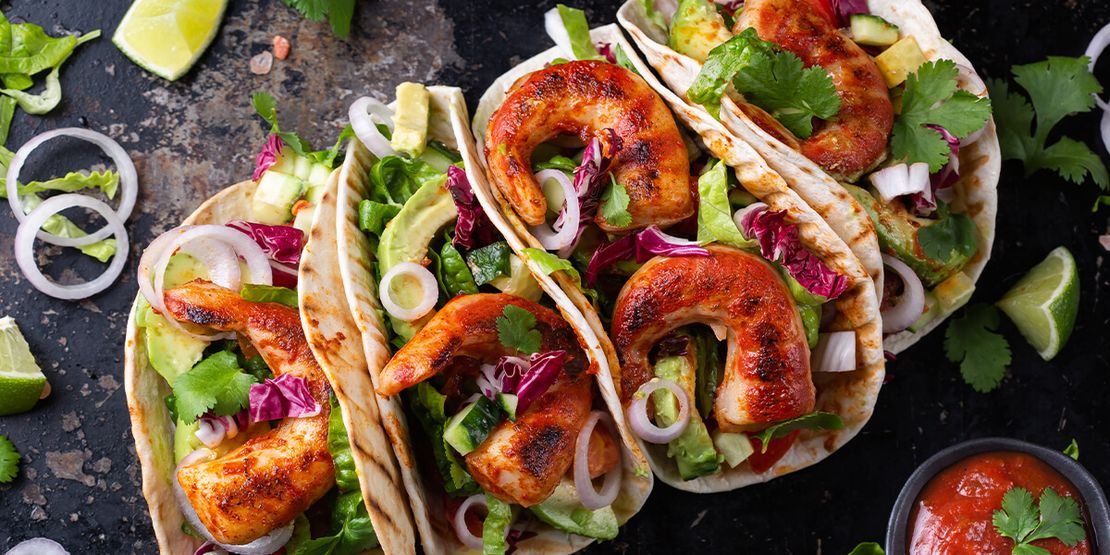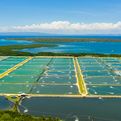Taste of Innovation: Vegan Shrimps as a Sustainable and Ethical Seafood Alternative
In a world increasingly conscious of environmental impact and ethical choices, vegan shrimps have emerged as a groundbreaking and sustainable alternative to traditional seafood. Crafted from plant-based ingredients with a commitment to eco-friendliness and animal welfare, these innovative products are reshaping the landscape of conscious consumption.
Crafting Vegan Shrimps: Ingredients and Texture
Vegan shrimps owe their existence to a blend of plant-based ingredients, including konjac flour, soy protein, and algae extract. The meticulous combination of these elements results in a product that not only mimics the appearance but also captures the texture and flavor of traditional shrimp. For those seeking an ethical and environmentally-friendly option, vegan shrimps provide a guilt-free indulgence in the taste of seafood.
Advantages of Choosing Vegan Shrimps
#1 Environmental Sustainability
Traditional shrimp fishing stands as one of the most ecologically damaging practices globally, wreaking havoc on ocean floors and disrupting entire ecosystems. Vegan shrimps offer a solution by significantly reducing the environmental impact associated with shrimp fishing. Embracing these plant-based alternatives contributes to a more sustainable future for our oceans and promotes responsible consumer choices.
#2 Humane Treatment of Marine Life
The conventional shrimp industry often involves the use of nets that unintentionally trap and harm various marine creatures, including sea turtles, dolphins, and other sea life. In stark contrast, vegan shrimps are crafted without causing harm to any living beings, offering a humane and responsible choice for consumers concerned about the ethical implications of their seafood choices.
#3 Culinary Versatility and Flavor
Beyond their ethical and environmental merits, vegan shrimps stand out for their delectable taste and versatile nature. Exhibiting a slightly sweet and salty flavor profile akin to traditional shrimp, they seamlessly adapt to various culinary styles. From stir-fries to salads and even sushi, these plant-based alternatives not only satisfy the taste buds but also complement a wide array of dishes.
Considerations and Challenges
#1 Cost and Accessibility
While vegan shrimps offer a host of benefits, including ethical and sustainable advantages, they may come at a slightly higher price point compared to traditional shrimp. This cost difference might pose a challenge for some consumers. Additionally, the availability of vegan shrimps may be limited in certain areas, making them less accessible to those eager to explore sustainable seafood options.
A Culinary Voyage into Conscious Consumption
In conclusion, the rise of vegan shrimps signifies a pivotal shift towards sustainable, ethical, and flavorful alternatives to traditional seafood. Crafted by companies dedicated to minimizing environmental impact and prioritizing animal welfare, these plant-based delights present an exciting opportunity for consumers to make mindful choices without compromising on taste.
Whether driven by a desire to reduce one's carbon footprint or a curiosity for new culinary experiences, vegan shrimps beckon as a delicious and responsible addition to the evolving world of conscious consumption.
Recommended for you
Building Your Own Lucrative Shrimp Farm: A Complete Guide
Riley Sinclair (Digital Aqua Bear)
Digital Aqua Farming Success: The Role of Business Intelligence for Shrimp Farmers
Riley Sinclair (Digital Aqua Bear)
Travel to Koh Phangan Guide: Everything You Need to Know
Dr. Theodore (Professor Bear)
Top 10 Best Bisexual Dating Apps You'll Surely Love
Jordan (Bisexual Bear)















